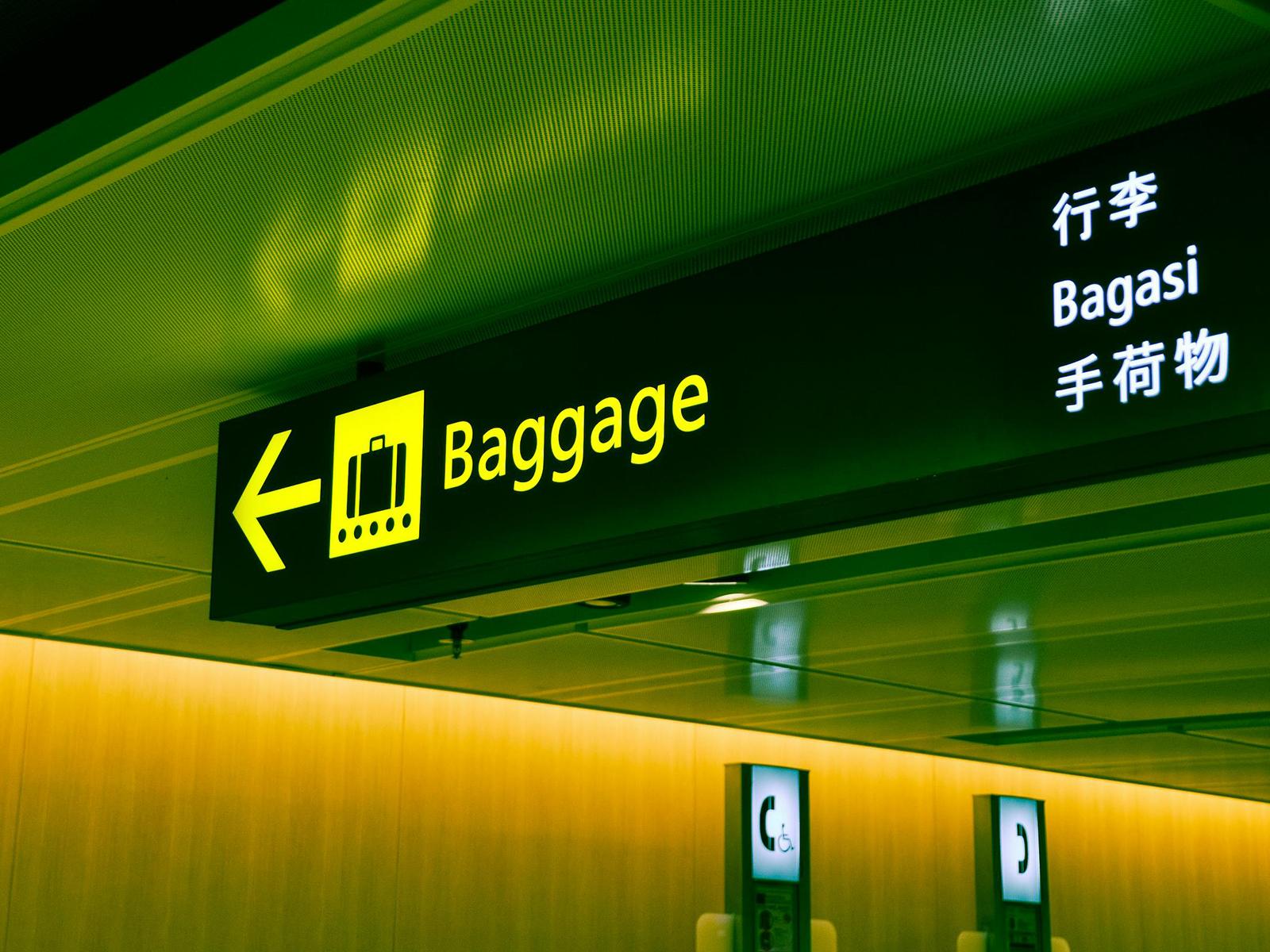International Remote Baggage Screening


Funded by Delta Airlines and executed with the Customs and Border Protection (CBP) Office of Field Operations, the International Remote Baggage Screening (IRBS) project showcases the extensive experience that Pacific Northwest National Laboratory (PNNL) has in working alongside CBP and the Transportation Security Administration (TSA), as well as its proficiency in nonintrusive inspection systems, cloud computing, and systems integration.
Currently, international travelers entering the United States must claim their baggage and navigate TSA and customs processes before boarding domestic flights. The IRBS project revolutionizes this process by allowing CBP and TSA officers to review computed tomography images of checked luggage prior to the customer’s arrival. The project has been successfully piloted on Delta Air Lines flights from locations such as Incheon International Airport in Seoul, South Korea, to Hartsfield-Jackson Atlanta International Airport—with additional opportunities for implementation at airports around the globe.
The IRBS project utilizes Amazon Web Services to transport computed tomography data for passenger checked baggage from the originating international airport to the participating arrival airport in the United States. PNNL has collaborated with CBP as well as commercial and international partners to develop and deploy the necessary tools to ingest and transmit this inspection data in a secure and scalable manner. This process provides imagery and metadata to a U.S.-based command center, enabling CBP and TSA officers to screen baggage before arrival by using CBP’s baggage analysis tool.
The system further integrates with participating commercial carriers’ baggage handling systems, allowing for cleared baggage to be automatically checked to domestic destinations. Bags that require additional inspection are directed to the appropriate designated stations. This seamless collaboration through cloud-based data sharing among major airlines, international customs agencies, CBP, and TSA significantly improves the traveler’s experience while further bolstering national security.